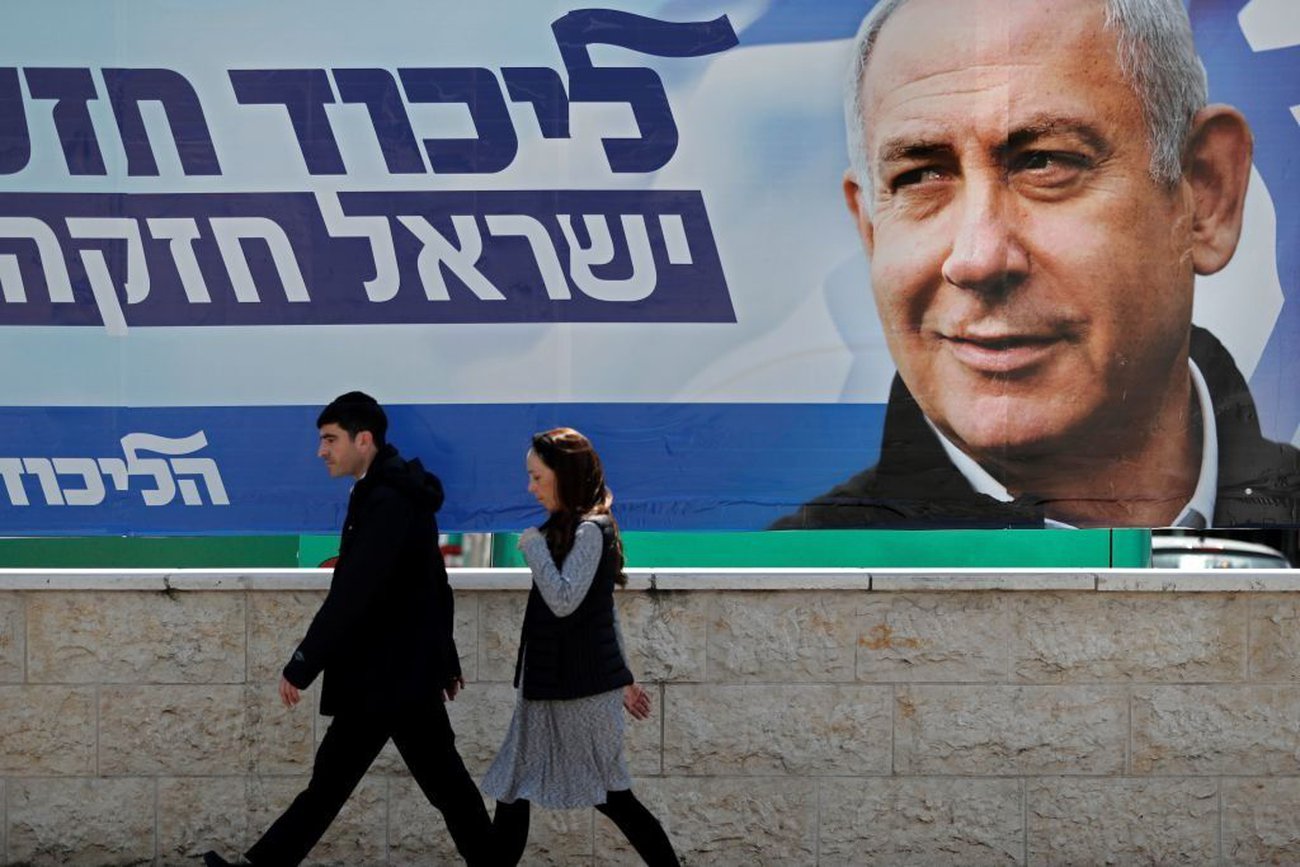
Amichai Cohen, Israel Democracy Institute, June 16, 2019
With permission, read full article at IDI.
All the parties tried to milk Netanyahu as much as they could, knowing that he had no other option but to give in to their demands. But it turned out that another option does exist, one that had never been seriously considered until now.
A new election so soon after the previous campaign is unprecedented in the annals of Israeli democracy. The return to the polls certainly poses many problems and is a sign that Israeli democracy is in a state of crisis. On the other hand, now that the Knesset has dissolved itself, we should consider whether, despite the obvious drawbacks, Israeli citizens might also derive some benefits from the situation.
First benefit: From now on – many more cards will be on the table. Voters are now more aware of the extent to which the parties and their elected representatives stick to the promises they made in the previous campaign. For example, it is unlikely that anyone can now make the mistake of thinking that the Prime Minister is indifferent about amending the Immunity Law.
On the other hand, some politicians did keep the promises they made on the campaign trail—notably Avigdor Liberman, who refused to compromise on his conditions for joining the coalition. It is likely that the public now views his promises as more trustworthy and sincere. So too for the Blue White faction, which stood firm in its refusal to join a government with Netanyahu at its helm.
Second benefit: The potential members of the next coalition now have a better grasp of the scope of potential controversy and tensions among the parties. In the efforts to form future governments, the factions will be more aware that they may fail, and will make sure to clarify their disagreements earlier on in the negotiations.
Another outcome that can be viewed as positive is that voters are now more knowledgeable about the real results of “strategic” voting approach. Many voters were influenced by their assessments of how others would vote, of whether the party they supported would pass the electoral threshold, or of which party would emerge as the largest faction in the Knesset. Now, after the ballots have been counted, voters are better able to assess the validity of these “strategic” considerations. For example, even after Blue White managed to soak up many Knesset seats from the Labor Party, its total vote count still fell short of the Likud. So there is no real reason to vote for a particular party purely on the basis of what is framed as a “strategic” rationale.
However, the main lesson to be learned applies to the long term: that is – politicians’ recognition of the possible price of extortion. The potential coalition parties tried to squeeze the maximum out of Netanyahu, knowing that without them, he could not form a government. But now they all know that there is another option, one that had never been seriously considered in the past.
This insight may not have any effect on the upcoming election, since it is hard to imagine a scenario of a third election in the immediate future. However, with regard to coalition negotiations in the future, it is now clear to all that a second round of elections is a realistic possibility, and if politicians are not keen on having to woo their voters once again, they will need to demonstrate more flexibility
In retrospect, the decision to dissolve the Knesset only a month after it was elected, will go down in history as one of the greatest fiascos—both of Netanyahu and of Israeli democracy– and rightly so. That said – we should not lose sight of the contribution of this very same decision to the stability and resilience of Israeli democracy.
The article was published in the Times of Israel.
